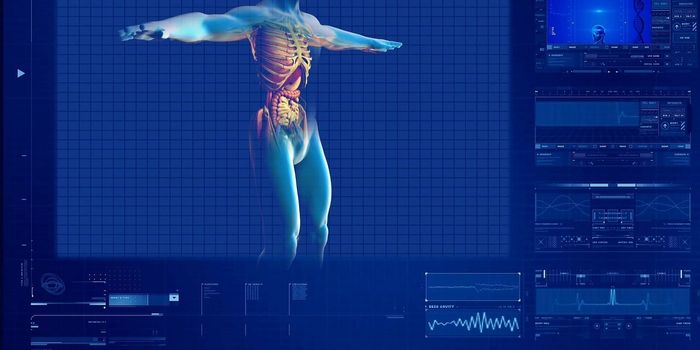Schizophrenia Symptoms Linked to an Overactive Region of the Brain
Neuroscientists have found a link between hotspots of brain overactivity and specific symptoms of schizophrenia. The University of Nottingham researchers were interested in how these localized regions of overactive neural signaling were linked to manifestations of schizophrenia such as conditioned fear.
This overactivity stemmed in a region of the brain called the hippocampus. Named after the Greek word for ‘seahorse,’ the hippocampus plays a central role in spatial navigation as well as the transfer of information from short-term to long-term memory storage. In neurodegenerative disorders such as Alzheimer’s disease, hippocampal function takes a hit, with short-term memory loss and disorientation featuring as some of the earliest symptoms.
In a series of experiments performed in rats, the researchers discovered that GABAergic inhibition (or blocking a neurotransmitter in the hippocampus) was closely tied to conditioned fear. In this symptom of schizophrenia, individuals experience lulls in motivation and disrupted emotional and reward processing.
Some of the most well-characterized negative symptoms of schizophrenia include an inability to express emotions, alogia (speaking very little), anhedonia (an inability to feel pleasure), asociality (avoidance of social ties or relationships), and avolition, or a lack of motivation. Some of these symptoms are thought to stem from deficiencies in the brain’s reward processing network.
An estimated 1.1 percent of Americans have been diagnosed with schizophrenia. Because of the social stigma associated with the condition, individuals experiencing symptoms may put off sharing their experiences with family or friends or seeking medical help. Continuous or recurring episodes of psychosis can make even everyday activities a struggle. Statistics suggest that only around 15 percent of individuals diagnosed with schizophrenia are able to work full time, creating additional pressure on a socioeconomic front.
The data from this study could help guide researchers towards a targeted approach to calming some of the negative symptoms of schizophrenia.
“This could help to develop more targeted treatments that improve the management of specific aspects of schizophrenia symptomatology such as improving negative symptoms, potentially by dampening down this overactivity in the hippocampus,” said lead researcher Stuart Williams.









